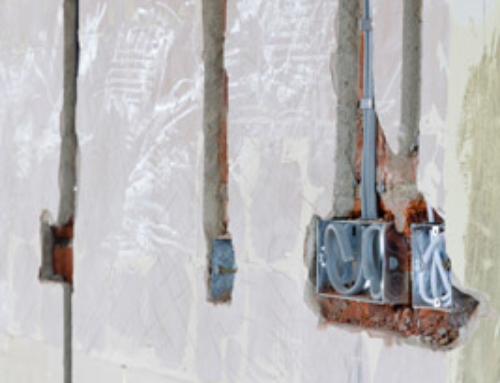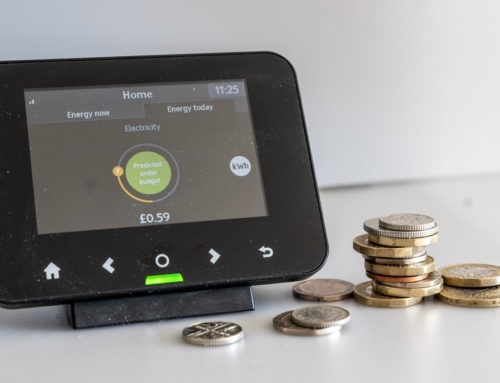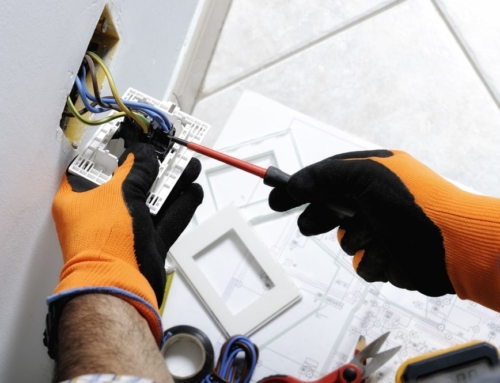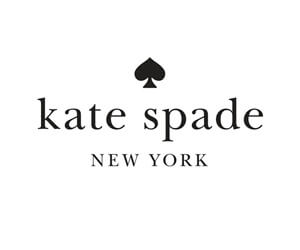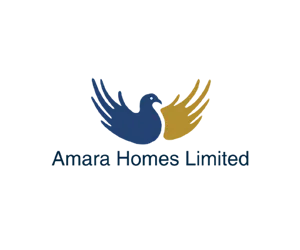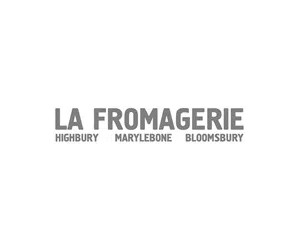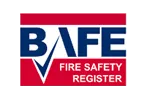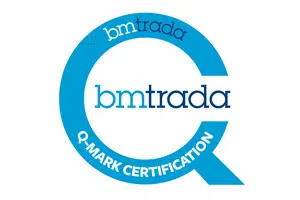
Kitchen Extensions Require New and Certified Electrics
When you’re planning to create a little more space in your kitchen, there are several things that you need to consider, including the safety of the existing electrics and any additional wiring you’re thinking of adding.
A kitchen extension is not like having a bedroom extension, loft conversion or conservatory fitted. Your kitchen is typically the most hazardous area within your home, as there is always the danger of fire from sources of heat such as an oven or a hob, and flooding from sinks, washing machines and dishwashers. Naturally, water and electricity do not tend to mix well, meaning that when it comes to electrical safety in your kitchen extension, you cannot treat the subject even remotely half-heartedly.
Planning Permission and Building Regulations
Before you can even consider electrical safety in your new kitchen extension, you may need to apply for planning permission. Check with your local council to ascertain if you do. You will definitely need to comply with Building Regulations. For anything but very minor changes, you’ll need to submit the full plans of your extension to your local authority building control department. This means thinking about the electrics early on and calling in the electrical experts in your area.
Electrical Installation Certificate
It is the duty of your builder to test ALL sockets and lighting circuits included within your new extension, even if they are existing circuits that have been extended. Your builder will need to supply you with an Electrical Installation Certificate to prove that full testing has been carried out, this will actually be supplied by the contracted electrician so make sure you request it if it has not been offered to you.
In addition to the Electrical Installation Certificate, your builder will need to register the work with the local authority building control department. This is where the Part P building regulations certificate comes in. Part P building regulations certificate came into effect in England and Wales at the start of January 2005, and compliance is a legal requirement for all work on fixed electrical installations.
Your electrician may need to install a Residual Current Device (RCD) if your existing sockets did not have RCD protection. An RCD is a device that switches off electricity automatically if there is a fault detected, and is designed to guard against fatal electric shocks and electrical fires. This is a level above the traditional protection provided by fuses and circuit breakers, and has been a legal requirement in England and Wales since 2008.
Checking Your Electrician
Typically, when you hire a builder to complete work on your house, you do not need to hire a separate electrician. The building company will often engage their own electrician. If that’s the case, check that the electrician is registered with one of the following organisations:
- NICEIC – National Inspection Council for Electrical Installation Contracting
- ELECSA – Electrical Self-Assessment
- NAPIT – National Association of Professional Inspectors and Testers
You should ask the builder to show you the electrician’s identity card as proof that they are registered. They must belong to one of the three organisations listed above – if they aren’t, their work is non-compliant, and you’re heading for a problem. Here at MD Bespoke Solutions we are proud to be registered with all three of the regulators listed above.
Stay Safe and Within the Law
Electrical regulations exist to keep homeowners safe so that any electrical work carried out on a kitchen extension is performed properly and within the law. It is up to the householder to make certain everything is as it should be – and a failure to adhere to the expected legal processes could result in a fine of up to £5,000. If you need someone to plan your kitchen electrics, speak to MD Bespoke Solutions today.

